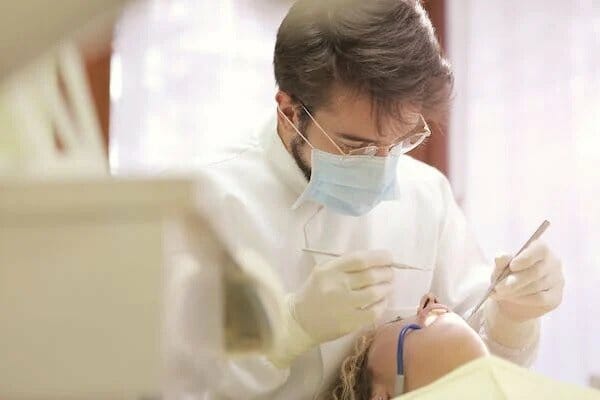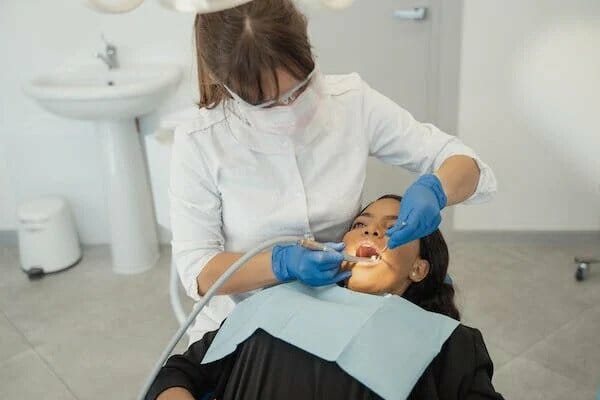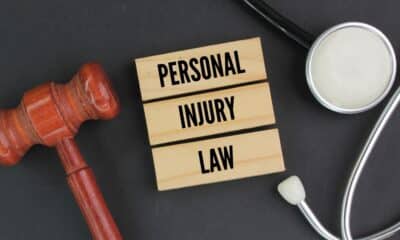Actions to Take If You Have a Dental Emergency While Pregnant
Pregnancy brings about significant physical and emotional changes, making dental emergencies during this time especially worrying. Expectant mothers facing a dental emergency while pregnant may be hesitant to take medications or undergo dental procedures that could potentially harm their developing fetus.
Respond Promptly
In the case of dental issues during pregnancy, seeking immediate dental care for a dental emergency is crucial as untreated dental problems can lead to serious health risks for both mother and baby. Delaying treatment during pregnancy can increase the likelihood of complications like preterm birth or low birth weight. Hence, it is essential to find a dentist experienced in treating pregnant patients who can provide the necessary care and guidance during this critical period.
Toothache Troubles
The most common dental emergency during pregnancy is generally a toothache or dental pain. Toothaches may stem from various reasons such as tooth decay, gum disease, or tooth trauma. Seeking immediate dental assistance when experiencing dental pain during pregnancy is vital. A dentist can identify the root cause of the toothache and recommend safe treatment options for both the mother and the baby. Postponing treatment could result in the infection spreading to the developing fetus, causing further complications.

Broken Or Chipped Tooth
Another frequent dental emergency during pregnancy is a broken or chipped tooth, which can occur due to various factors such as mouth trauma or biting hard objects. If a broken or chipped tooth arises during pregnancy, seeking dental care promptly is crucial. The dentist may suggest restorative treatments like dental bonding, a crown, or a filling to repair the damaged tooth. Delaying treatment might lead to discomfort, pain, or even infection if left untreated, jeopardizing the health of both the mother and the baby.
Transparent Communication With Your Dentist
When faced with a dental emergency during pregnancy, it is important to inform your dentist about your pregnancy and any medications or treatments you are undergoing. Establishing trust with your dentist will ensure the most appropriate treatment for your dental emergency while prioritizing your health, safety, and that of your developing baby. Your dentist might recommend postponing certain treatments until after delivery or propose safe alternatives suitable for both you and your baby. With proper care, you can maintain a healthy pregnancy and smile.

Gum Bleeding Or Swelling
During pregnancy, some women may experience gum bleeding or swelling due to hormonal changes or gum disease. If you encounter gum bleeding or swelling while pregnant, consult your dentist for evaluation. The dentist might suggest non-invasive treatments like deep cleaning, antibiotics, or antiseptic mouthwashes to manage your symptoms and ward off further gum damage. Untreated gum disease can lead to tooth and bone loss, impacting the health of the developing fetus.
Pregnancy Gingivitis
Furthermore, pregnant women may develop pregnancy gingivitis, marked by gum inflammation and bleeding. Hormonal shifts during pregnancy can enhance blood flow to the gums, making them more susceptible to infection and inflammation. Good oral hygiene practices like twice-daily brushing, daily flossing, and using antiseptic mouthwash can help manage pregnancy gingivitis. Regular dental check-ups are recommended to monitor oral health and address potential issues early on. With proper dental care, pregnant women can maintain healthy gums and teeth throughout and after pregnancy.

Dental emergencies are unpredictable and can occur at any time, even during pregnancy. Seeking immediate dental care in the event of a dental emergency is crucial to prevent severe health risks for both the mother and the baby. By openly communicating with your dentist and following their treatment plan, you can ensure a healthy and comfortable pregnancy. Taking preventive measures for dental issues and seeking timely care when necessary can help pregnant women avoid dental emergencies altogether.













